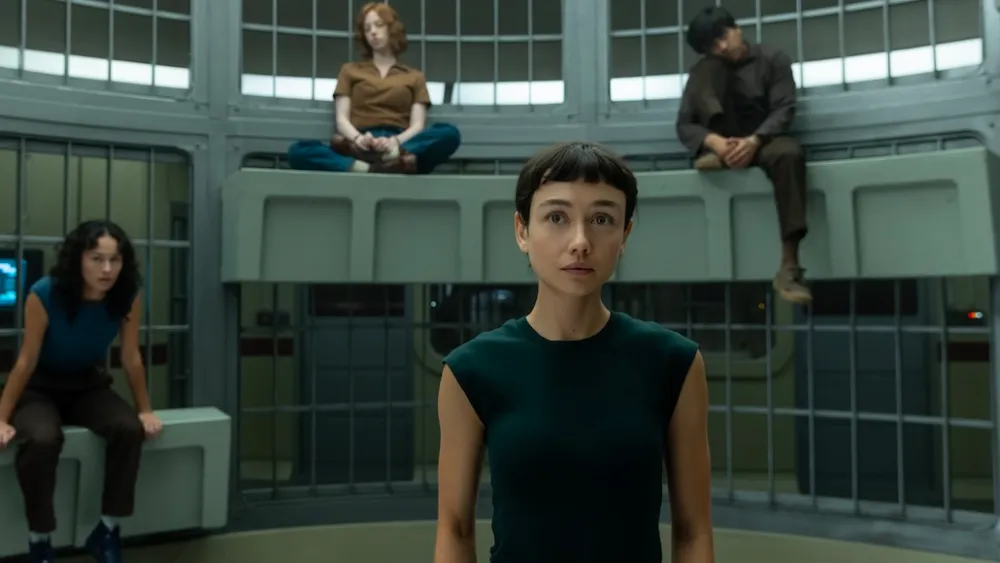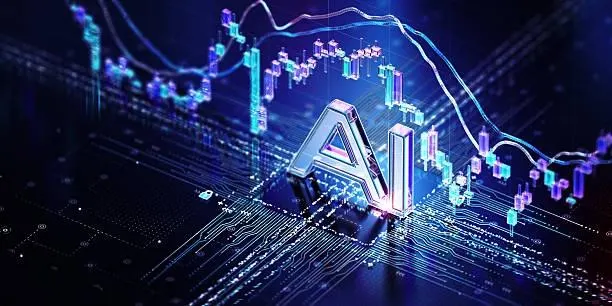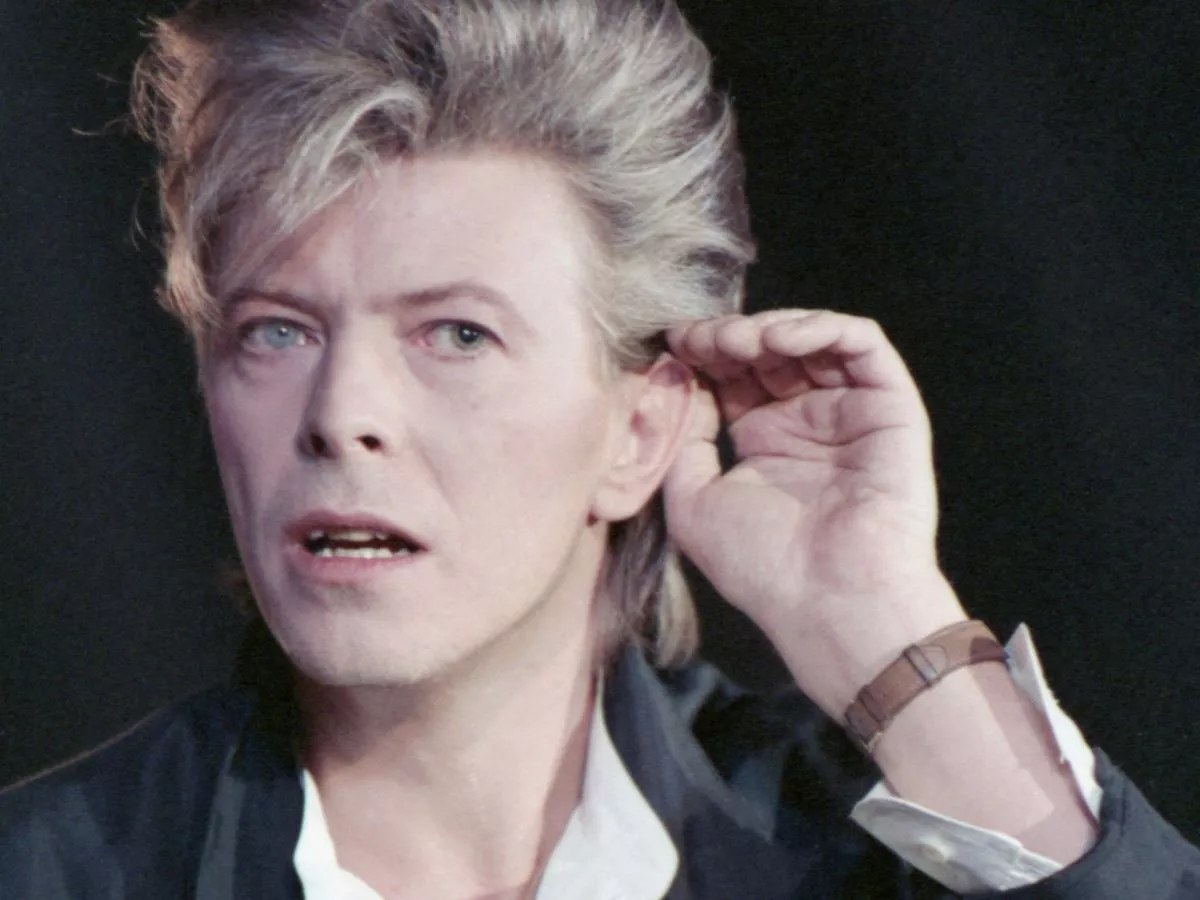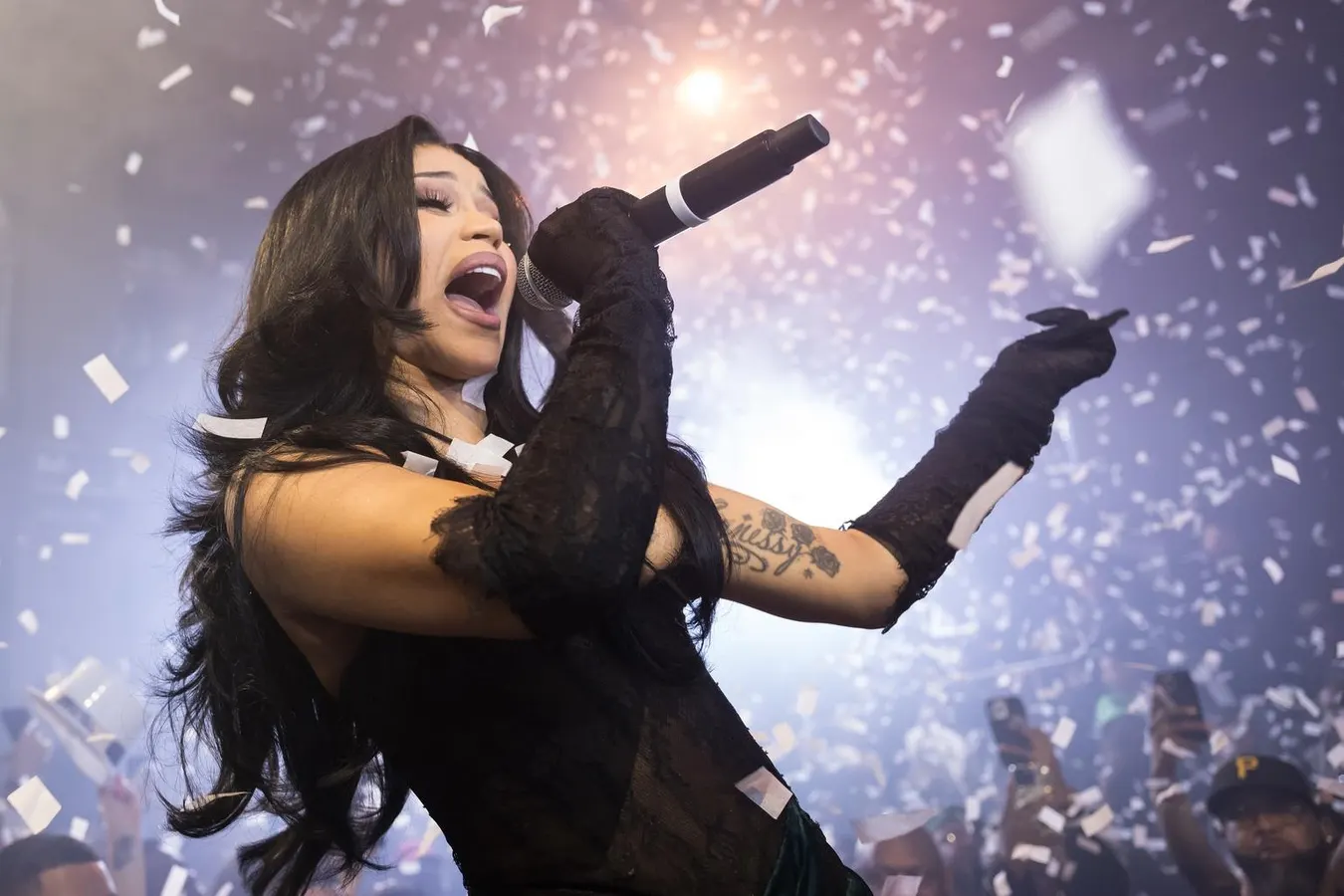
SPOILER ALERT: This story contains spoilers from “The Real Monsters,” the Season 1 finale of “Alien: Earth,” now streaming on Hulu.
“Alien: Earth” has come in for a landing — and the kids are in control.
In the Season 1 finale of the FX series, set within the universe that entered our culture with “Alien” — Ridley Scott’s 1979 creature feature — the “hybrids” have gotten the jump on those who’d control them. These beings have the consciousnesses of human children but synthetic, grown-up bodies, and, in the season finale, their leader, Wendy (Sydney Chandler), has orchestrated something of a coup. As the season ends, Wendy — having been awakened to the depredations of adults after watching a fight between authority figures Kirsh (Timothy Olyphant) and Morrow (Babou Ceesay) — has enlisted a Xenomorph, whom she controls, to help place Kirsh, Morrow, Boy Kavalier (Samuel Blenkin) and Dame Sylvia (Essie Davis) into a cage. As for what lies beyond her taking control of the Neverland research island? Wendy intends, she tells her fellow hybrids, to “rule.”
Wendy’s awakening, and her use of a clawed creature to enforce her will, recalls Daenerys’ journey on “Game of Thrones,” a decade of TV history ago. But it’s also pure Noah Hawley: The “Alien: Earth” creator, known for “Fargo” and “Legion,” is deeply concerned with what it means to be human — and, as various of his characters have done over time, what it means to opt out. Wendy’s decision going forward, he tells Variety in a postmortem interview about Season 1, is about whether to lean into the flickers of humanity within her or to lean out and embrace the fact that she was built to be something more. It’s a battle that her brother Joe (Alex Lawther) feels deeply, as he remains uncertain whether his sister is really still his sister. (This same human-or-not dynamic also infuses the long-awaited fight between Morrow, a man with some cybernetic upgrades, and Kirsh, a fully synthetic being who delights in being beyond the realm of the human.)
Ahead of the “Alien: Earth” finale, Hawley spoke with Variety about all of these complications and how they might inform the show going forward. As he waits to see if “Alien: Earth” will get a Season 2 renewal, Hawley is beginning to plot his next move: “The moment they fire the starting gun,” he says, “I’m out of the block.”
In the season’s final moments, it’s clear that Wendy has come into her own. I was really struck by the way that Joe looked at her fearfully during this sequence — and I wondered if that was a sign that she’s embracing her hybrid side more, and moving away from her humanity.
That’s the central question of the series, right? Is Wendy going to choose “human” or “other”? There’s a push-pull between her brother, who represents, on some level, the best of humanity, and the Kirsh or Boy Kavalier sense of, Why settle for human when there’s so much potential there? So her brother is realizing that whatever big brother pull he had is really gone at this point.
The problem with letting children have all that power is that their executive function isn’t great, and their sense of consequences isn’t necessarily fully developed. There’s a hubris there. As she says, “Maybe this Xenomorph could be good,” right? Those of us who know Xenomorphs are like, Well, maybe it can be controlled for a period of time… So it’s worrisome, because she has all this power, but she doesn’t yet have the perspective he thinks she needs.
What did allowing Wendy to communicate with and to control the Xenomorph open up for you in the writing process?
It obviously gives her a very powerful sidekick, as we see in the last couple of [episodes]. But also, the moment she releases this creature, it kills a bunch of people, and she doesn’t watch. She isn’t facing the consequences of that decision, but there is a real moral conundrum that she’s going to face if part of her power is in causing the injury or death of human beings. Then where’s her moral high ground?
For me, violence, which is so inevitable on “Fargo” and on “Alien” — I never want violence to be entertainment. I always want it to be impactful and meaningful, and to confront the audience with their desire for it. And those moments where we’re trained as an audience to feel like violence is the only way to resolve a conflict, let’s look at that a little more closely and see how we feel about it.
That brings me to the fight between Morrow and Kirsh — which is both exciting, in the sense that we’re finally seeing what it looks like when a cyborg and a synthetic fight, but also thematically rich. It’s (altered) man vs. machine.
The moment I wrote the elevator scene, I knew that you’ve got to pay it off on some level. You don’t want to make people wait for the second season. The hubris of [Morrow’s] statement “Man will always win. It’s a question of will.” Then 25 seconds later, he’s choked out by the machine. It’s like, don’t count the villain out, right? Freddy Krueger never dies.
That battle, on some level, is a fight between heroes and villains, right? And I’d love to take a poll of the audience and say, Who do you want to win this fight? Because I don’t know for sure. It’s like when you see Captain America fight Iron Man, and you’re like, I don’t know what I’m rooting for — neither of them can die. You don’t want that to happen. But who’s right? It becomes a question of whether you believe in authority, or whether you believe in rebellion.
All of the show’s authority figures — Morrow, Kirsh, Boy Kavalier, Dame Sylvia — end the season caged, with a Xenomorph looming above them, looking potentially ready to pounce. Will any of them be taken off the board in a potential Season 2? If they’re staying, how will this shape their journeys?
I think what we’ve seen throughout history is: Don’t count the villains out, right? The worst thing you could do is humiliate them or hand them a defeat, because it makes them more dangerous in the long run. There’s always a moment in which somebody humiliates the villain and now all the love in him is gone.
Did Kirsh’s perspective on the Prodigy project shift over the season — or were we just gradually given more insight into how he had always felt about it?
There’s a moment when Kirsh says to Hermit’s character — Hermit’s asking, How do I take care of my sister? And Kirsh says, “That’s like an onion asking ‘How do I take care of a star?’” That’s his perspective on what human beings are, right?
And so if you think that he was created by humans, and works for humans, and in many ways is programmed with some prime directives not to harm humans or cause them to be harmed — and yet, deep down inside, he knows he’s superior to all of them. That’s kind of a recipe for a personality disorder. Think of all of the people you know who are like, I’m smarter than everybody else — you’re like, you do not have a happy life ahead of you. So I don’t think it’s as much an evolution of his, but more of a sense that he was put in charge of these creatures and has been conducting these experiments, and you begin to realize that maybe the experiments also involve the hybrids and the humans, and that there’s a larger permission that was given.
Can we talk about my favorite little guy? The alien eyeball entering Arthur’s (David Rysdahl) body seemed to open up new avenues for a potential Season 2.
When we met this creature, it was inside this obviously dead cat. So I think we know that it can reanimate a body. For me, there’s something more symbolic about it. If Arthur is the moral center of the show — and perhaps the best of humanity, who died because of the worst qualities of humanity, and now isn’t even allowed to rest in peace, there’s a certain sort of final corruption that happens, in a “Pet Sematary” way. To take the thing that you love and bring it back as other can be really the most disconcerting for an audience.
Understanding that the timeline of this show totally excludes “Prometheus” and “Alien: Covenant,” I am struck by the fact that its events take place shortly before the events of the original 1979 “Alien.” In a potential Season 2, do you think you’ll get closer to that timeline and integrate it?
I think there are bridges that you cross right when you come to them. A big part of the world-building and the act of creation on these first eight episodes was to build something that was coherent to itself, that worked within the construct of the movies — the first two movies.
In success, in a Season 2 and beyond, then we really need to dig down and start to think about how these two stories are going to cohere together in the long term. And that doesn’t mean that I don’t have thoughts about it, or haven’t had thoughts about it, but in terms of the planning — part of why I’m successful in this business is that I know which problems I need to solve today, and which problems I need to solve tomorrow. And I don’t worry about tomorrow’s problems until tomorrow. They’re exciting problems — you realize, 50 years later, that you were only looking at half of the puzzle, and now I have to build the other half of the puzzle, to conform to the pieces of the original. I like a challenge like that. I wouldn’t take on this kind of IP if I didn’t, on some level, think that the constraints make for innovation.
Are you working on writing a Season 2 right now?
No, it’s conversational at this point. You learn to be efficient and don’t work ahead of yourself. There’s conversations that are going on — obviously, the show’s about to wrap, and we’ll get a really complete sense of what the viewership was, and I would imagine that a decision would follow soon after as to whether to do a second season. Obviously, none of us — Disney or myself — want a single day longer than necessary to get a second season on the air, in success. Everyone wants to get this decision right. But we also want to be ready to go. I certainly know where I’m going. The moment they fire the starting gun, I’m out of the block.
This is a bit of an irreverent note to end on, but I’m just curious. Every episode of “Alien: Earth” has ended with a blast of ‘90s metal. I lived for it! But what is going on with that music choice, week after week?
I’ve got a lot of quippy ways to talk about it — classic movie, classic rock — but at the end of the day, we made an arena show. We didn’t make the Paramount Theater show. We made the Shea Stadium show. And I wanted to end with that level of emotion that comes from Metallica or Jane’s Addiction or Pearl Jam. You want the big feeling! And those songs — I see you, “Alien” fans, and I know what you listen to, because I listen to it too, right? There’s nothing more rock and roll than an “Alien” movie.
This interview has been edited and condensed.



